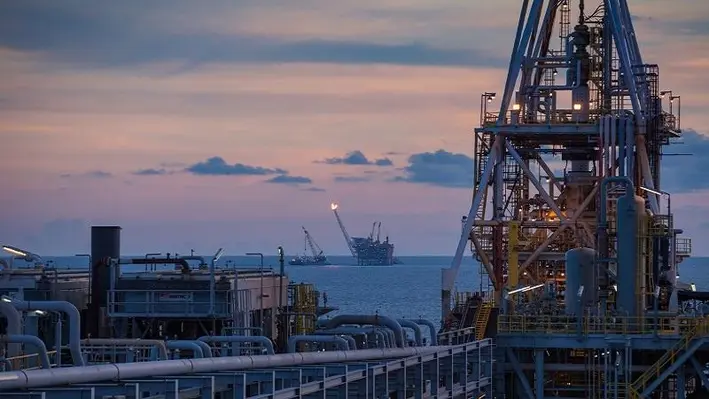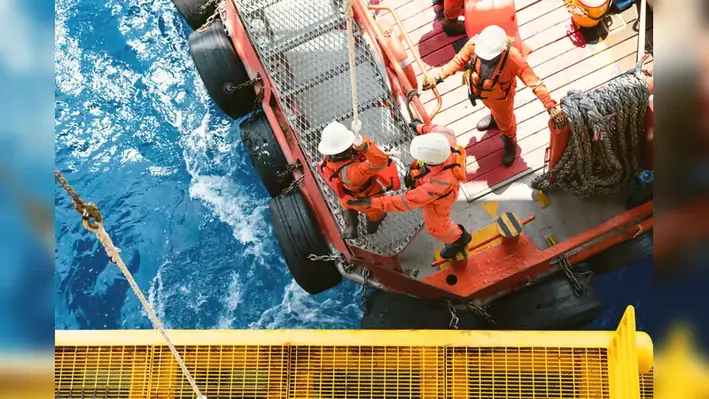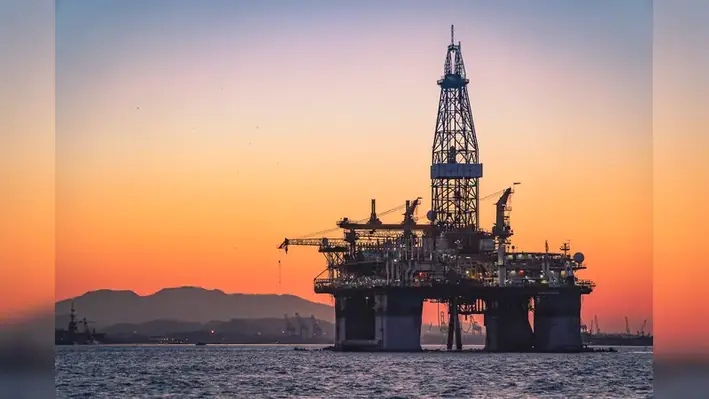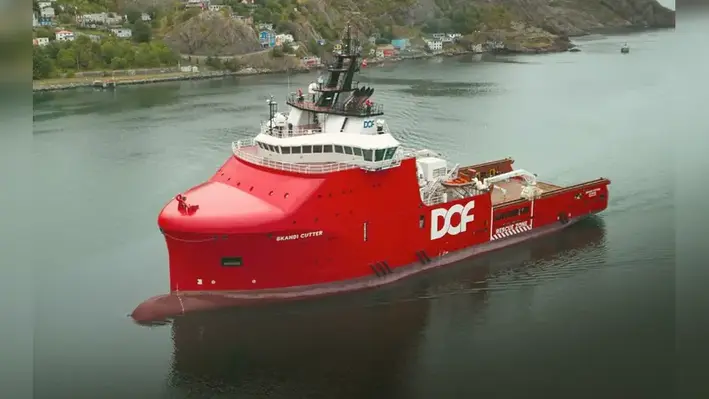
The Department of the Interior today has proposed a new rule to ensure offshore oil and gas operations on the Outer Continental Shelf are conducted with the utmost safety and oversight standards.
The proposition by the Bureau of Safety and Environmental Enforcement (BSEE) will revise the 2019 Well Control Rule and focus on well integrity and blowout prevention. These innovations will help protect human lives and the environment by incorporating the latest technology and the lessons learned from operator experience and incident data since the current rule was adopted.
“Protecting human lives and the environment has always been BSEE’s highest priority, and this proposed rulemaking will further ensure safe and environmentally responsible offshore energy production,” said BSEE Director Kevin M. Sligh. “These proposed revisions to the Well Control Rule are the result of knowledge and experience gained by stakeholders and BSEE since the 2019 rule was implemented. They will protect workers’ lives and the environment from the potentially devastating effects of blowouts and offshore oil spills.”
In the immediate aftermath of the Deepwater Horizon incident in 2010, BSEE adopted several recommendations from multiple investigation teams to improve the safety of offshore energy operations, leading to the publication of the 2016 Well Control Rule. In May 2019, BSEE published a final rule that weakened certain safety provisions. Today’s proposed rule would revise some of the items that were amended or rescinded in 2019.
To further protect human lives and the environment, the Department is proposing revisions that would:
• Require blowout preventer systems (BOPs) to be able to close and seal the wellbore to the well’s kick tolerance design at all times;
• Remove the option for operators to submit failure data to designated third parties and instead require the direct submittal of failure data to BSEE;
• Require failure analysis and investigations to start within 90 days instead of 120 days;
• Require independent third parties to be accredited by a qualified standards development organisation;
• Specify that surface BOPs on existing floating facilities must follow the dual shear ram requirements when replacing an entire BOP stack;
• Require that remotely operated vehicles be capable of opening and closing each shear ram on a BOP;
• Require the operator to provide test results to BSEE within 72 hours after completion of the tests if BSEE is unable to witness testing.
Publication of the proposed rule also initiates a 60-day public comment period.




